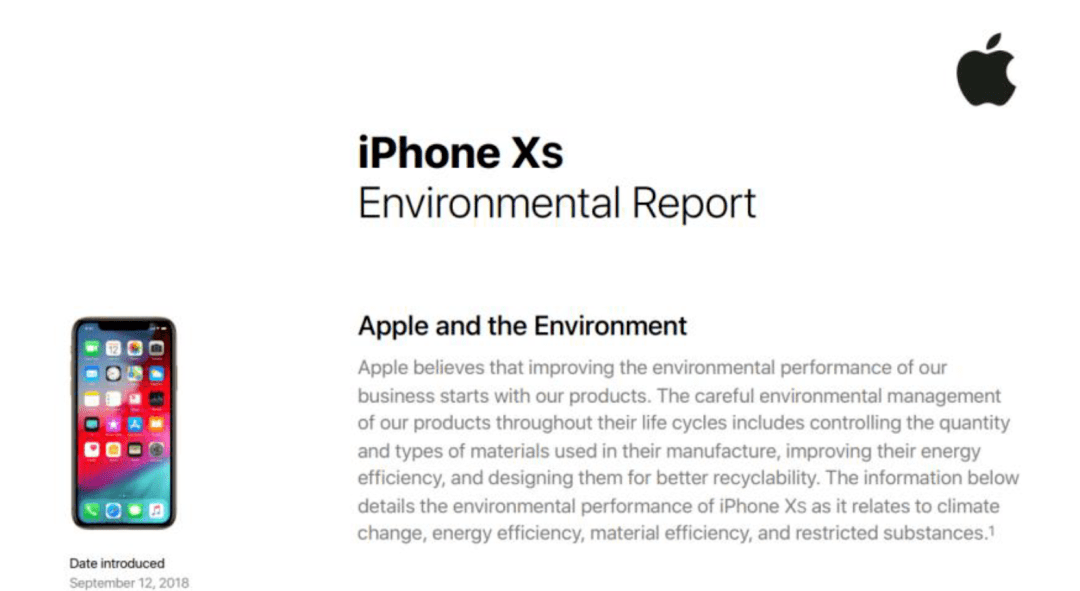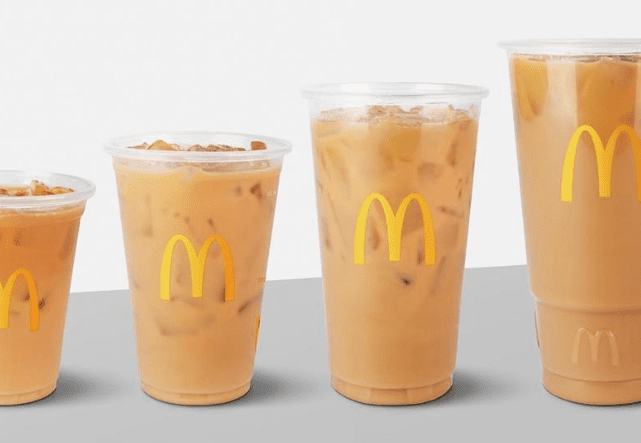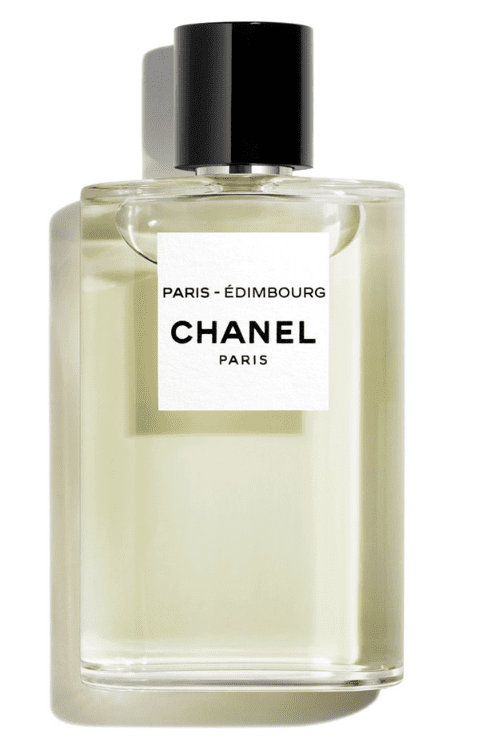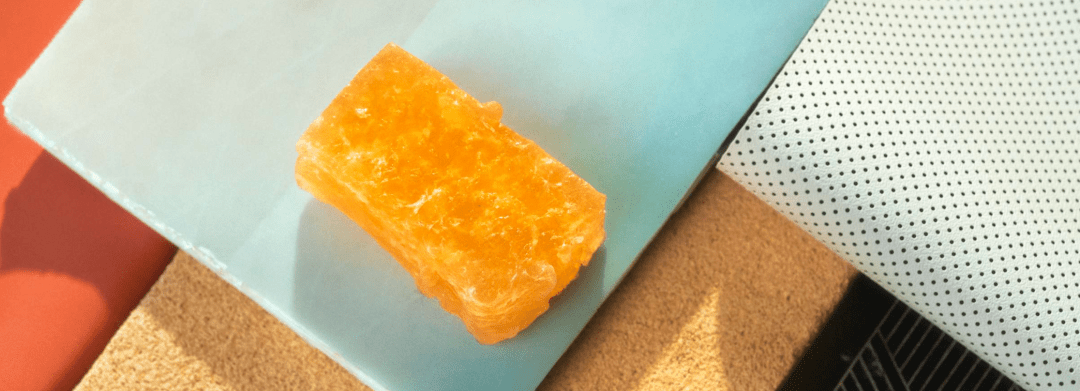Due to the environmental friendliness of bio-based materials, leading companies in various fields have started to focus on the development of bio-based materials as an alternative to fossil materials from the perspective of environmental protection and brand image.
Next, let's take a look at the bio-based products launched by these international brands.
Apple: Bio-based materials used on the iPhone's glass support frame
According to Apple's official website, Apple wants to achieve the goal of zero carbon emissions by 2030. The use of bio-based materials for the glass support frame was first mentioned back in December 2018 when the iphoneXS was released. To meet Apple's biomaterial requirements, French supplier Arkema supplied bio-based polyamide (PA) components. There is only one company in the world that has industrialized bio-based polyamides.

McDonald's: Trials of clear cups from recycled plastic and bio-based materials begin
According to McDonald's, the cups used for these tests were produced from a 50/50 mix of post-consumer plastics (PCR) and bio-based materials (sourced from plants, cooking oil after use in restaurants), resulting in clear plastic cups. These cups have been made available to customers at dozens of McDonald's restaurants in Georgia, USA.

Chanel: Launch of a new bio-based bottle cap
Chanel launched a very popular fragrance in 2018 - Les Eaux De Chanel, which has a lighter bottle and no excess coating on the outer packaging, which is conducive to subsequent recycling of the packaging.
And more recently, Chanel has moved on to the caps of its perfumes, introducing a cap that is 91% bio-based materials, which are sourced from renewable raw materials or FSC-certified materials.

The bio-based cap was developed by Chanel and the Finnish company Sulapac over a two-year period. Although it is a bio-based cap, it is still not a simple process. The cap has a total of three layers of structure, and has undergone relevant experiments to optimize the grip and the sound of closing, and the final product was obtained only after 48 repeated attempts.
BMW: Start using bio-based interiors in car interiors
As the demand for bio-based interiors and accessories continues to grow, BMW has begun to partner with a number of start-up companies in order to begin mass production of these interiors.

One of the collaborating startups is the Mexican company Adriano di Marti, which produces cactus-based material products for the automotive industry, which consist of powdered cactus fibers and a bio-based polyurethane substrate. BMW Group is working with the company to use cactus-based leather for steering wheels, interior trim of cars.
"We believe that our cactus-based bio-based material can gradually replace traditional cowhide and make a significant contribution to the sustainability of the automotive industry," said founders Marte Cázarez and Adrián López Velarde.
The company's cactus fields are known to absorb 8,100 tons of CO2 from the atmosphere every year. These cacti do not require irrigation and do not produce waste water. Unlike cowhide, leather made from cactus does not require traditional tanning with chemicals, and the leather does not produce methane gas that pollutes the environment like animal leather sources do when they grow up.

